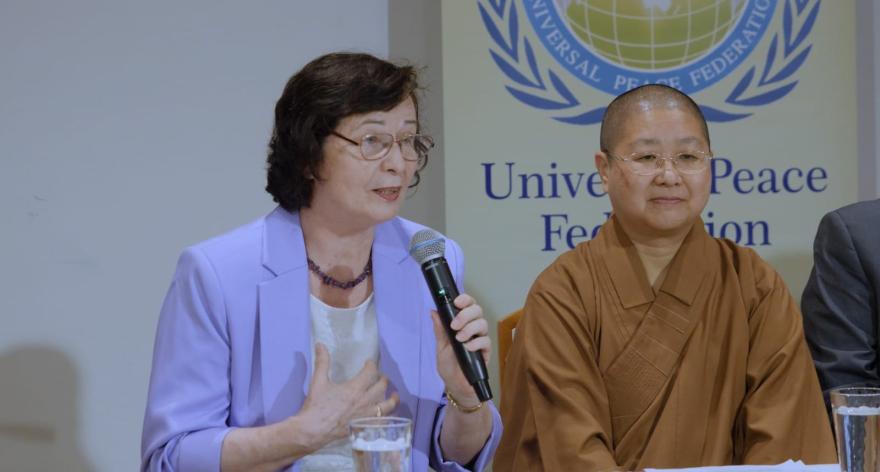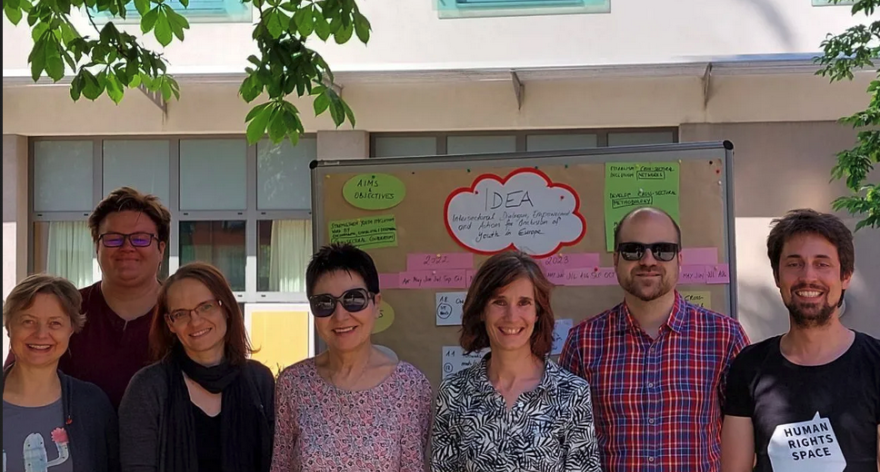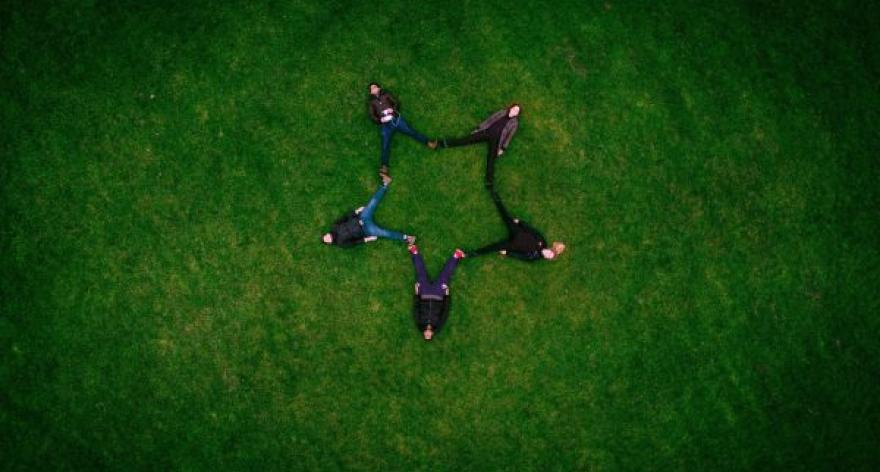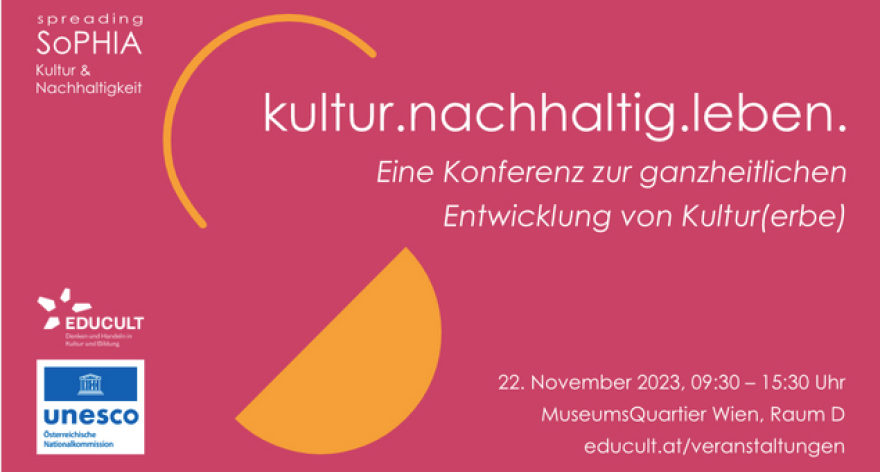In our concrete actions, we connect peace activism with peace policy. In this, we offer all those who would like to engage in peace work the possibility to learn the theoretical and spiritual principles as well as the practical methods of active non-violence. The four areas of action described constitute the framework of our commitment, which is further developed in our programs. Furthermore, all initiatives and activities of our members in line with our statement of purpose are welcome.
Peace Culture
"That since wars begin in the minds of men, it is in the minds of men that the defenses of peace must be constructed" (UNESCO Constitution). In this sense the Fellowship of Reconciliation strives for the advancement of basic attitudes and values, which overcome our present culture of war and violence.
Program: Thinking Peace! Living Peace!'
With workshops, conferences, non-violent actions, and media campaigns we would like to contribute to a change of public discourse, which portrays violence as an essential means to conflict resolution. We would like to make accessible the diverse possibilities of non-violence to as many people as possible. In particular, we focus on the idea that peace can only be established together rather than against each other. We pay special attention to the role of religions in justifying war and violence, but also in achieving peaceful coexistence, the disclosure of discreet reasons for war, and for taking responsibility of people for violence and war on personal, social, and political level.
Peacebuilding and Demilitarization
The Fellowship of Reconciliation advocates for an active, nonviolent peace policy in Austria, the European Union, and beyond. This means a pacifist foreign and domestic policy, which strictly opposes the in participation in wars, which enacts comprehensive disarmament and promotes mediated conflict de-escalation on an international level. It also promotes financing of peace-related research and initiatives for nonviolent conflict resolution domestically and abroad. By actively participating in the implementation of the Sustainable Development Goals, active peace policy contributes to the overcoming the economical and environmental causes of war and violence.
Program: Priority for Civilian Means
With public campaigns and lobbying, we advocate for the introduction of Civil Peace Services in Austria and the EU.
Through our participation in the "Austrian Peacebuilding Platform" and through statements and advocacies with government agencies, we promote the priority of civil conflict resolution and aim to have this approach reflected in Austrian foreign and peace policy and strategy.
International Solidarity and Cooperation
The Fellowship of Reconciliation supports nonviolent initiatives in war and conflict zones through solidarity action, mutual visits, delegations and pilgrimages, etc. We also send peace workers in pilot projects of nonviolent conflict resolution, which serve as a model for the planned introduction for the Civil Peace Services. This can include a variety of measures such as, human rights monitoring, protection accompaniment, advocacy, training, mediation, etc. Any support measure of the Fellowship of Reconciliation is carried out at the request of local nonviolent initiatives in a non-patronizing, cooperative, and culturally sensitive manner.
Programs:
Peace Presence in Colombia
eacebuilding in the Near and Middle East
econciliation in the Western Balkans
Economy for Peace
We are working on the analysis of the relationship between capitalism, war, and the destruction of the environment. The Fellowship of Reconciliation is primarily concerned with political control and the eventual elimination of the military-industrial complex, as it is a main factor in arms races and war causes. We wish to contribute to the termination of this immense waste of intellectual and material resources for war, and the preparations of war.
Program: Life Without Armaments
As a contribution to the efforts to establish a fair and ethical economy, we pursue the goal of arms control and conversion in Austria.



